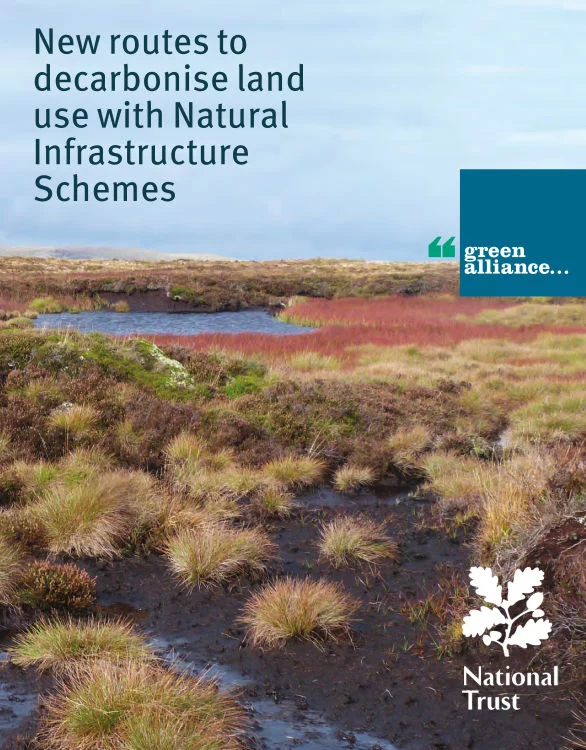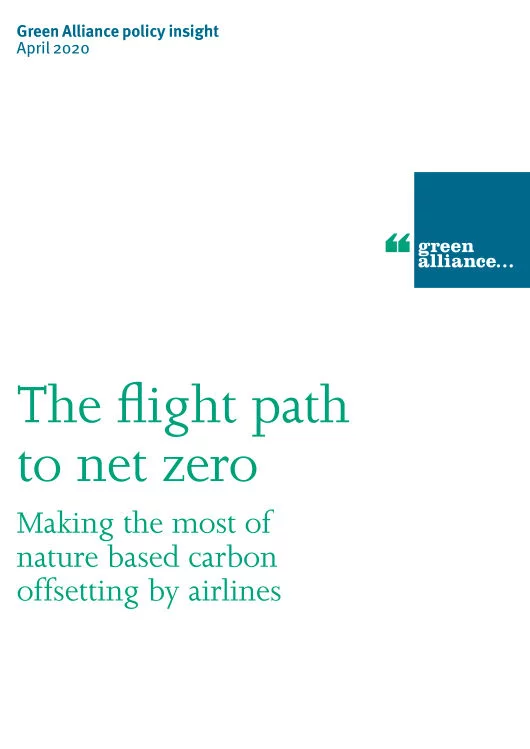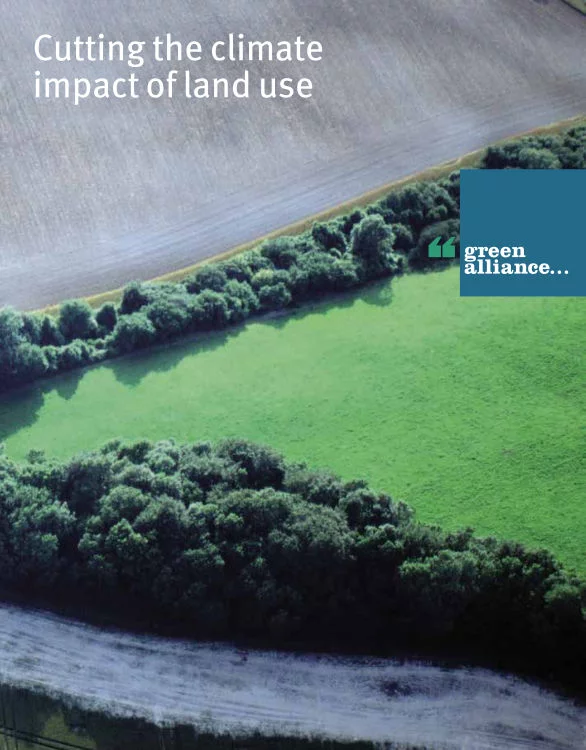Overview
Reducing emissions from agriculture and other land uses will be vital for the UK to meet its decarbonisation commitments. Yet, although there are clear opportunities to cut emissions, this is one area of climate action that has so far been overlooked.
New environmental and agricultural policies are a chance to put the spotlight on the climate impacts and decarbonisation opportunities of agriculture and other land uses and rethink the policy framework to mitigate them.
This programme of work investigates the role of land use for decarbonisation. This includes:
- Setting out the policies needed to meet the ambitious target set by the National Farmers’ Union (NFU) of net zero emissions across the farming and related land use sector by 2040;
- Exploring the role of ‘natural climate solutions’ for decarbonising aviation.
How to reach net zero by 2040
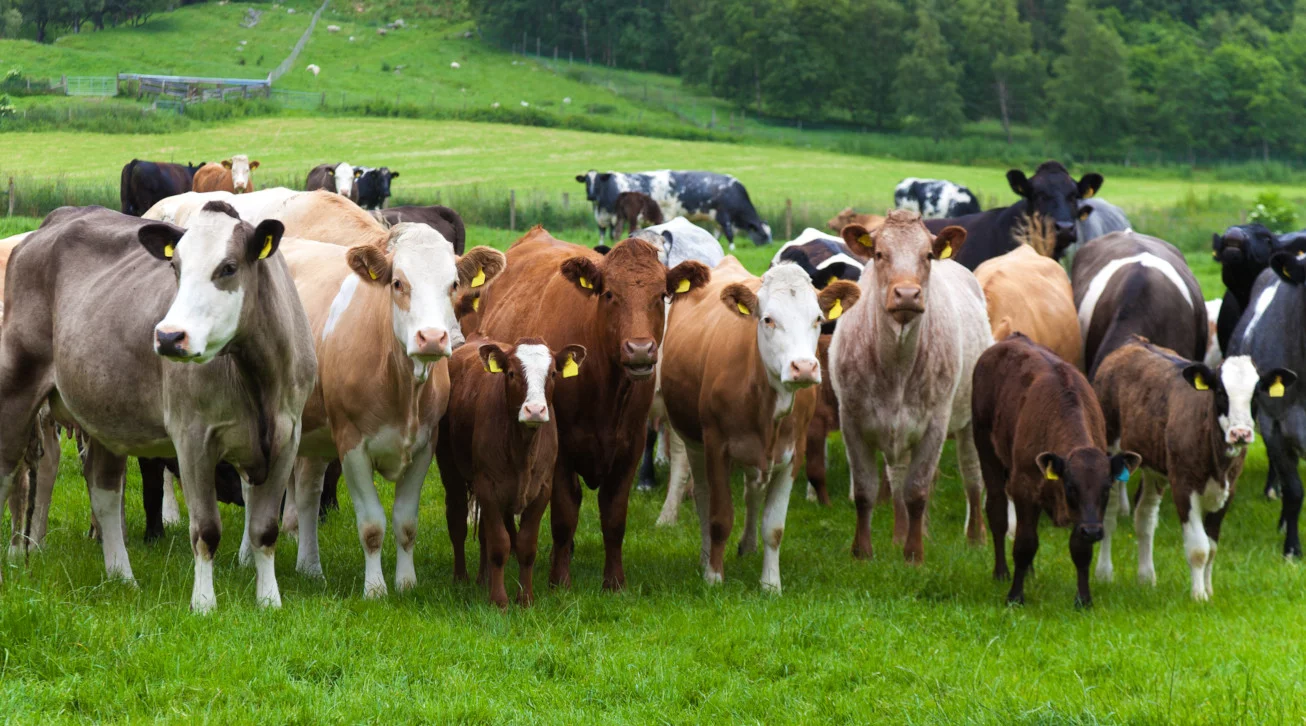
In 2019, building on the work of the Committee on Climate Change (CCC) and the Royal Society, we set out three main policy recommendations to government for the UK to reduce its land use emissions by nearly 60 per cent by 2030. This would put the UK on track to meet the ambitious target set by the National Farmers’ Union (NFU) of net zero emissions across the farming and related land use sector by 2040.
We are grateful to the European Climate Foundation for supporting this work.
To date, land use has received surprisingly little policy attention, despite it offering substantial opportunities to reduce and further sequester emissions. Building on the work of the Committee on Climate Change (CCC) and the Royal Society, this report shows the potential for the UK to reduce its land use emissions by nearly 60 per cent by 2030. This would put the UK on track to meet the ambitious target set by the National Farmers’ Union (NFU) of net zero emissions across the farming and related land use sector by 2040.
To bring about a rapid transition to low carbon land use, we set out three main policy recommendations to government.
Investigating the role of nature based greenhouse gas removals

This project examined the role of ‘natural climate solutions’ which remove carbon from the atmosphere, as an approach to decarbonising aviation. This includes planting new woodland and restoring peatland and other wetlands to offset residual emissions remaining following other decarbonisation actions.
Our 2023 report, The Case for a UK Office for Carbon Removal, explores the risks associated with scaling up greenhouse gas removals and outlines different governance arrangements for the sector. We further develop the concept of an Office for Carbon Removal, setting out the role it could play in overseeing the sustainable growth of the sector.
In our 2020 report, we propose a new Office for Carbon Removal to help ensure the sustainable deployment of natural climate solutions. We make the case for the UK to set two net zero linked targets (one for emissions reduction and one for carbon removals) to ensure the use of natural climate solutions does not delay emissions reduction.
Our 2023 report, The Case for a UK Office for Carbon Removal, explores the risks associated with scaling up greenhouse gas removals and outlines different governance arrangements for the sector. We further develop the concept of an Office for Carbon Removal, setting out the role it could play in overseeing the sustainable growth of the sector.
The opportunities of agri-carbon markets
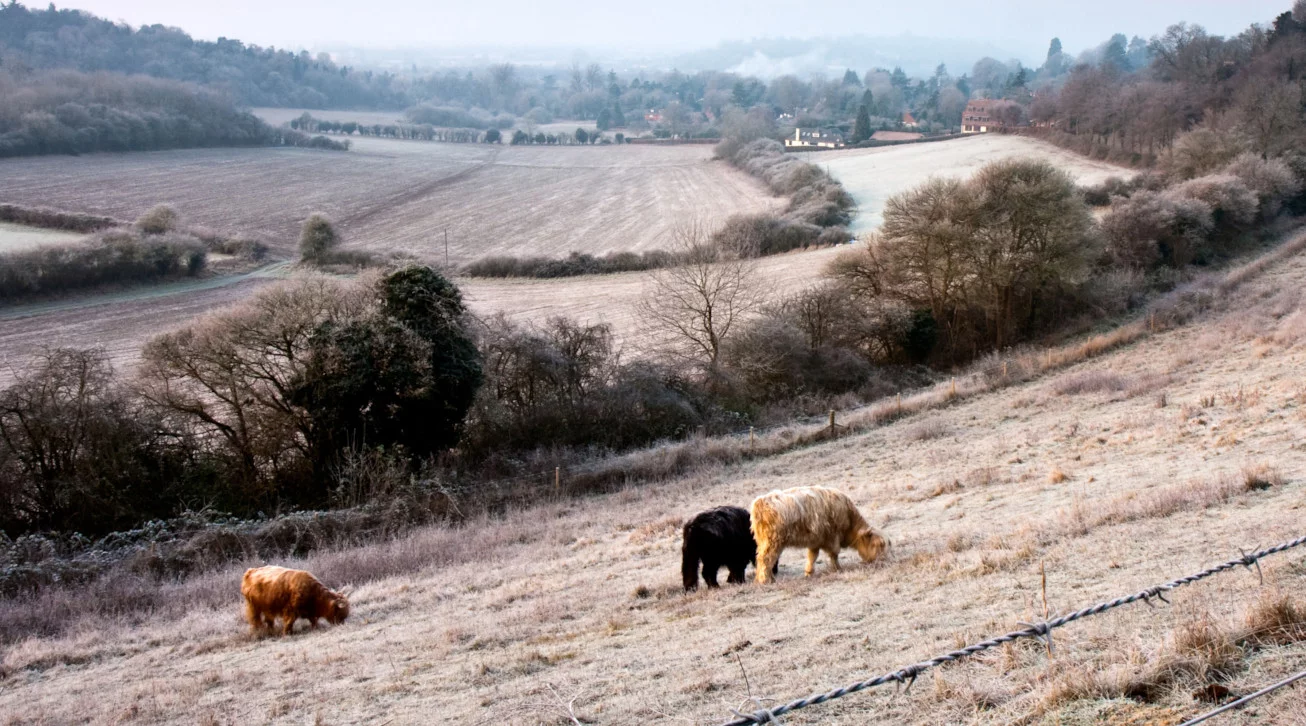
Building on our work on natural climate solutions, our 2022 report investigates the opportunities for farmers and land managers to take advantage of a new income stream selling carbon credits.
There are many corporations setting net zero targets and looking to carbon removal offsets to help them achieve these goals. There is a potential opportunity for farmers and land managers to take advantage of a new income stream selling carbon credits.
In this report we review the scientific evidence on different interventions for sequestering carbon on working farms, and outline the challenges that need to be addressed in order for there to be a credible and sustainable market for agri-carbon.
We highlight the benefits of working within the food supply chain to reduce emissions and sequester carbon, the need for strong standards, including a UK Farm Soil Carbon Code to ensure carbon is accurately measured and safely stored, and propose that new governance may be needed to ensure those buying offsets are also reducing their own emissions.
